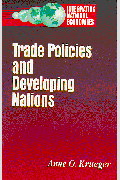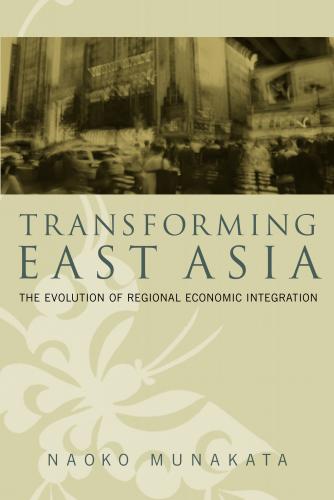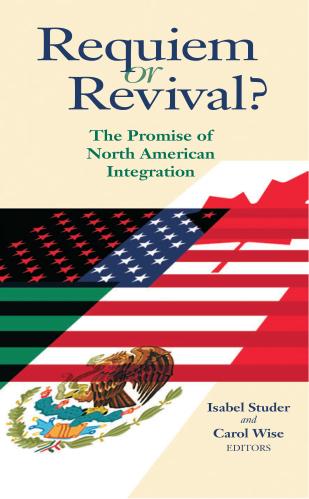Studies in this week’s Hutchins Roundup find that big cities match high-quality workers to high-quality firms, U.S. monetary policy affects financial stability in emerging economies, and more.
Want to receive the Hutchins Roundup as an email? Sign up here to get it in your inbox every Thursday.
Large cities are more efficient at matching productive workers and firms
In most countries, workers in large cities earn significantly higher wages than those in rural and smaller urban areas. Some research has shown this may be because large urban areas attract more productive workers. Wolfgang Dauth of the University of Wuerzburg and coauthors find that large cities are also more efficient at matching highly-skilled workers with high-quality firms. This matching improves productivity, they find, and leads to higher average wages in larger cities. They estimate that increased matching raised aggregate labor earnings in Germany by 2 percent between 1985 and 2014, but was also a key factor in explaining the growth of wage disparities between communities.
US monetary policy affects financial stability in emerging economies
How does monetary policy in the United States affect other economies? Studying 69 emerging and developed countries from 1870 to 2010, Bora Durdu, Alex Martin, and Ilknur Zer of the Federal Reserve Board find that a tightening of U.S. monetary policy increases the likelihood of banking crises in countries whose primary trading partner is the U.S. or where a large share of debt is denominated in dollars. For these economies, a 1 percent increase in the federal funds rate raises the probability of a banking crisis by 7 percentage points, primarily because an increase in U.S. interest rates often leads to rapid outflows of capital. This link is mainly relevant for emerging markets, as developed economies tend to be more globally integrated and thus less affected by U.S. policy.
Welfare time limits and Earned Income Tax Credit reduce poverty in the long run
Many anti-poverty policies in the United States—including the Earned Income Tax Credit (EITC), minimum wage laws, and restrictions on welfare benefits—are designed to reward work and reduce dependence on government assistance. But most analyses of these policies focus on their effects on poverty in the short run, rather than their behavioral effects or the long-run outcomes of recipients. Using census data from 1970 to 2010, David Neumark and Brittany Bass of the of the University of California at Irvine and Brian Asquith of the W.E. Upjohn Institute show that the EITC and welfare benefits with time limits increase employment and reduce poverty and dependence on government benefits over the long run, while welfare benefits with no time limits actually increase poverty and public assistance.
Chart of the week: American workers—mostly women—return to the labor force

Quote of the week
“It would be easy to step back from all this and conclude that, while [China and the United States] face an intensification of strategic competition, it does not disrupt our economies wholesale, much less our daily lives. But sadly, I think the risks of a new age of disruption are considerable. Here’s the nub of it: For forty years, the U.S.-China relationship has been characterized by the integration of four things—goods, capital, technology, and people. And over these forty years, economic integration between the two countries was supposed to mitigate security competition. But an intellectually honest appraisal must now admit both that this hasn’t happened and that the reverse is taking place. And technology is a critical driver of this change. In today’s world, technology is a critical part of business success, blurring the lines between economic competitiveness and national security. Security competition is bleeding extensively into economics and business. And more than that, economic tensions are reaching a breaking point. The result is that, after forty years of integration, a surprising number of political and thought leaders on both sides advocate policies that could forcibly de-integrate the two countries across all four of these baskets. The integration of trade in goods could come undone — as supply chains are forcibly broken, especially for those that use sensitive technology. Integration through cross-border capital flows will come under ever greater pressure — as restrictions on Chinese investment take hold across big sectors in the United States. Indeed, if this trend continues, we need to consider the possibility that the integration of global innovation ecosystems will collapse as a result of mutual efforts by the United States and China to exclude one another,” says Hank Paulson, former secretary of the Treasury.
The Brookings Institution is committed to quality, independence, and impact.
We are supported by a diverse array of funders. In line with our values and policies, each Brookings publication represents the sole views of its author(s).










Commentary
Hutchins Roundup: High-wage cities, monetary policy spillovers, and more
November 8, 2018